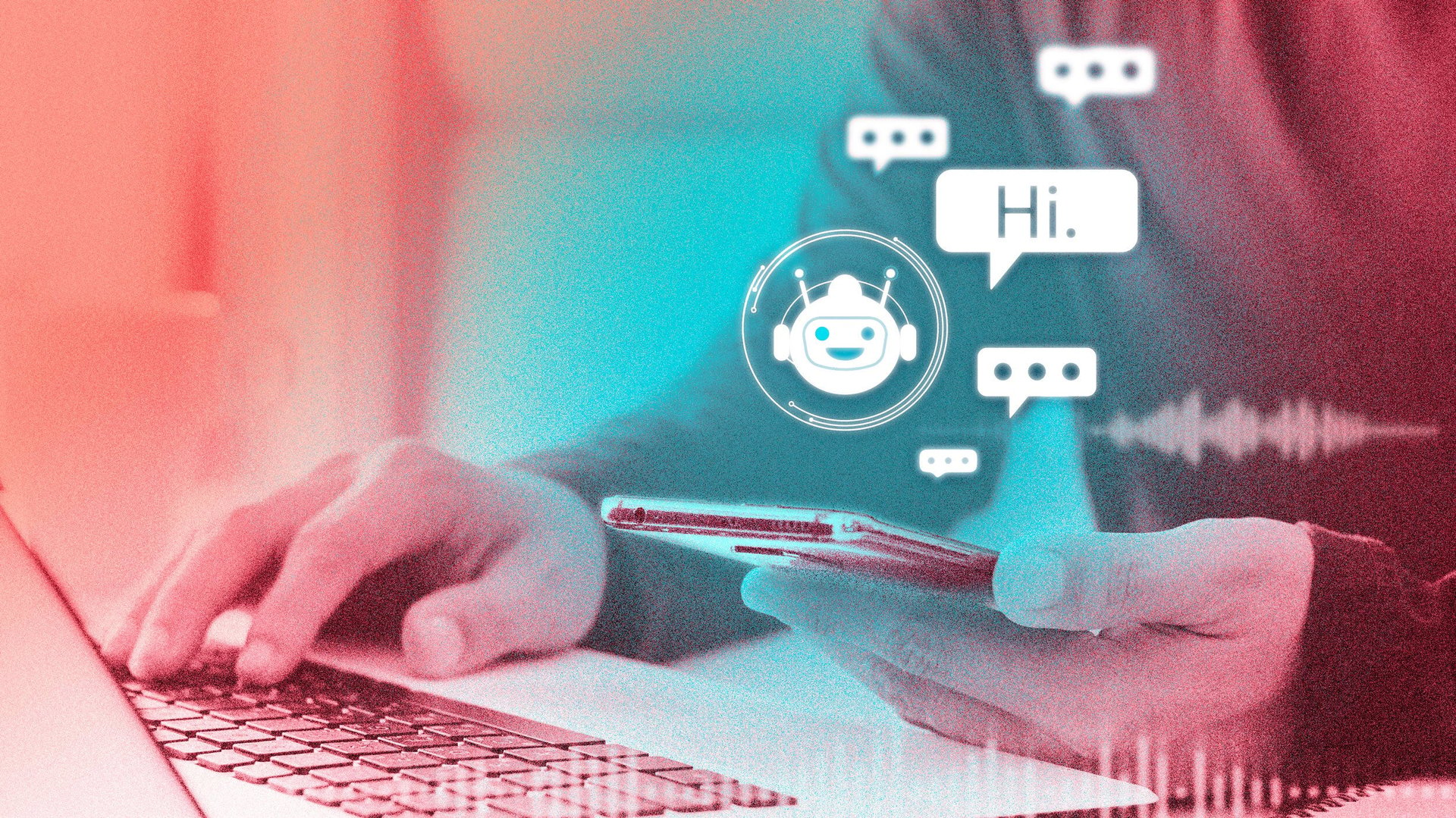How GPTs let you use AI any way you want to
OpenAI's customized chatbots will enable computers to work for humans

OpenAI chief scientist Ilya Sutskever describes the system that powers the company’s AI chatbot ChatGPT as a “digital brain.” Artificial intelligence was modeled after human intelligence after all.
Suggested Reading
ChatGPT and its image generator DALL-E spent 2023 wowing its users by writing bad poetry, creating iffy works of art, and providing customized cover letters at the drop of a hat. But it always sort of felt like that brilliant friend you had in high school who never really applied themselves — a big brain without a real purpose. That is, until Sam Altman stood on OpenAI’s stage at Dev Day in San Francisco in November of 2023 to announce GPTs: customizable versions of ChatGPT, fine-tuned to perform specific tasks on behalf of humans.
Related Content
GPTs —which stands for generative pre-trained transformers — allow us to apply advanced AI to problems all around us, and could fundamentally change the way we interact with technology altogether.
“We believe that if you give people better tools they will do amazing things. We know that people want AI that is smarter, more personal, more customizable, and can do more on your behalf. Eventually, you’ll just ask the computer for what you need and it’ll do all of these tasks for you. These capabilities are often talked about in the AI field as ‘agents.’ The upside of this are going to be tremendous,” said Sam Altman at the event.
Listen to more: 🤖 In GPTs: AI for you and me, Maxwell Zeff talks to host Thomas Germain about why we should think about these digital brains more like custom operating systems than chatbots. Find the episode on Spotify | Apple | Google | Pandora
GPTs are a new way to use computers
So how does a digital brain with purpose work in practice? Online graphic design platform Canva built a GPT that will create social media posts and intricate graphics in mere seconds. Designer GPT can build you an entire website, with multiple pages and color schemes, with just a few lines of English instructions. GPTs are in their infancy, but one day, they could change the way we interact with technology altogether.
With GPTs, you don’t work with your computer, your computer works for you. Currently, computers are kind of like our coworkers, who help us more efficiently go about our day. With GPTs, however, your computer will be like an employee you can assign tasks and objectives to complete for you.
So if your computer is like an employee, does that mean your job may be at risk? In the long term, it’s possible that GPTs could replace members of the workforce. For now, GPTs are simply useful tools that can help us complete arduous tasks, and free our human brains up for more high-level thinking.
How does the GPT Store work?
OpenAI finally launched its GPT Store on Jan. 10, after several weeks of delay following leadership shake-ups. With Sam Altman firmly established back at the helm of OpenAI, the marketplace for custom chatbots is ready to roll, with a revenue-sharing program expected to drop for U.S. creators in April.
Upon its debut, the GPT Store had millions of GPTs built by ChatGPT Plus users — good ones, downright weird ones, and, of course, girlfriend ones. Like Apple’s App Store, recommendations of the most popular GPTs will be crucial. Unlike Apple’s App Store, GPTs can easily be made by anyone with a ChatGPT Plus account — no prior coding knowledge required — so the options are very, very plentiful, and upon launch, imposters of good GPTs popped up in minutes.
Will GPTs become smarter than humans?
There’s a lot of fear out there that artificially intelligent agents could be the end of humanity. A common example is the paper clip scenario, which goes like this: Someone will design a GPT, or any sort of AI, with the directive to produce as many paper clips as possible. One day, the thinking goes, as artificial intelligence becomes more advanced and more independent from humans, the agent will become too good at producing paper clips, ultimately producing so many paper clips that it causes the demise of human civilization, possibly by even incentivizing humans to produce paper clips, instead of something necessary, like food or medicine.
The scenario may seem silly, but it’s a genuine concern in the AI community. Currently, we’re throwing all our resources at AI to make it as smart and powerful as possible. One day, artificial intelligence may surpass human intelligence. If that happens, researchers want to be ready. Nobody wants to be buried in an avalanche of paper clips.
